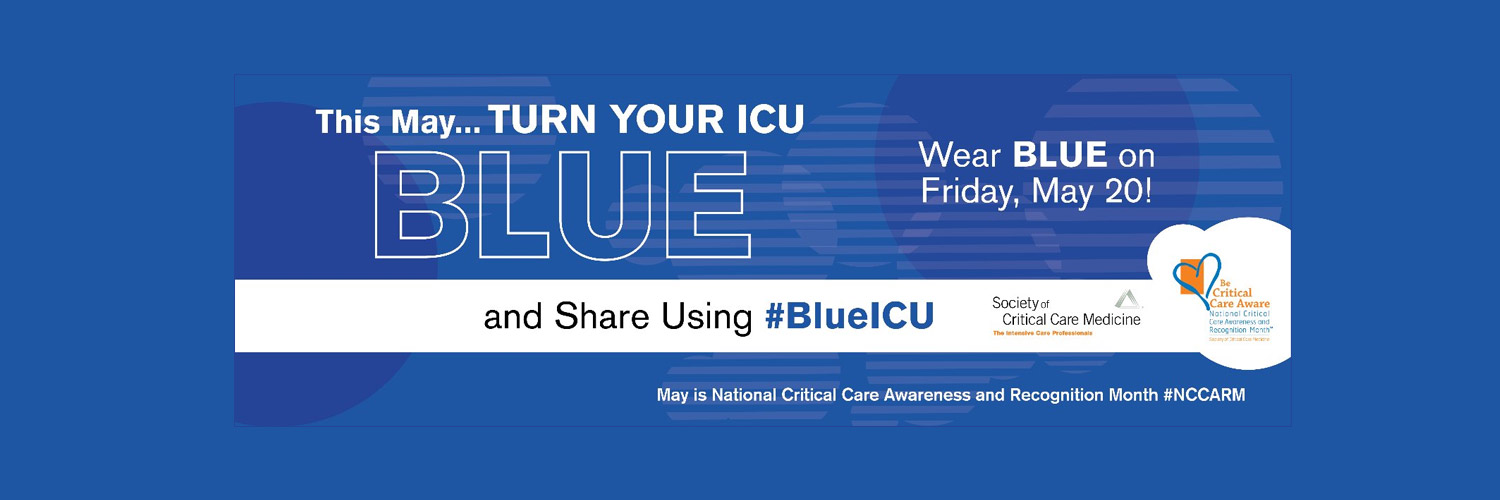
Despite all the uncertainty caused by the COVID-19 pandemic, one thing remains clear: the obligation of the physician to do no harm. The question moving forward in the fight against the novel coronavirus will be how, exactly, providers can fulfill that obligation — especially for patients who are already vulnerable.
Becker’s Hospital Review probed that and other questions in a recent feature story that explored bronchoscope reprocessing and cross-contamination issues.
 It’s an important issue to explore, especially now. As Dr. D. Kyle Hogarth, a specialist with UChicago Medicine, points out to Becker’s, the rate of cross-contamination with reusable bronchoscopes is not zero — “and it should be zero,” he says. "That should be filed as a never event.”
It’s an important issue to explore, especially now. As Dr. D. Kyle Hogarth, a specialist with UChicago Medicine, points out to Becker’s, the rate of cross-contamination with reusable bronchoscopes is not zero — “and it should be zero,” he says. "That should be filed as a never event.”
For more, click here to read the story online or download a copy:
 Cori Ofstead, an epidemiologist who’s studied infection control practices in hospitals for more than two decades, also published a study in CHEST in 2018 (which we wrote about here) that found 58 percent of "patient-ready” reusable bronchoscopes in three major U.S. hospitals tested positive for bacteria or mold. The researchers also observed major breaches of infection-control standards in two of the institutions, even though all three of them were accredited by The Joint Commission.
Cori Ofstead, an epidemiologist who’s studied infection control practices in hospitals for more than two decades, also published a study in CHEST in 2018 (which we wrote about here) that found 58 percent of "patient-ready” reusable bronchoscopes in three major U.S. hospitals tested positive for bacteria or mold. The researchers also observed major breaches of infection-control standards in two of the institutions, even though all three of them were accredited by The Joint Commission.
This suggests that more rigorous quality management strategies should be implemented to ensure patient safety. It also makes a case for single-use bronchoscopes, Hogarth says. Along with the safety benefits of using a bronchoscope that’s sterile straight from the pack and discarding it, there are quality and financial benefits to single-use endoscopes that are increasingly coming to market thanks to the rapid pace of innovation in the industry.
ALSO: Be sure to check out this webinar from Cori Ofstead where she provides front-line clinicians and personnel with critically important information about risks associated with the use of bronchoscopes among patients with COVID-19.


